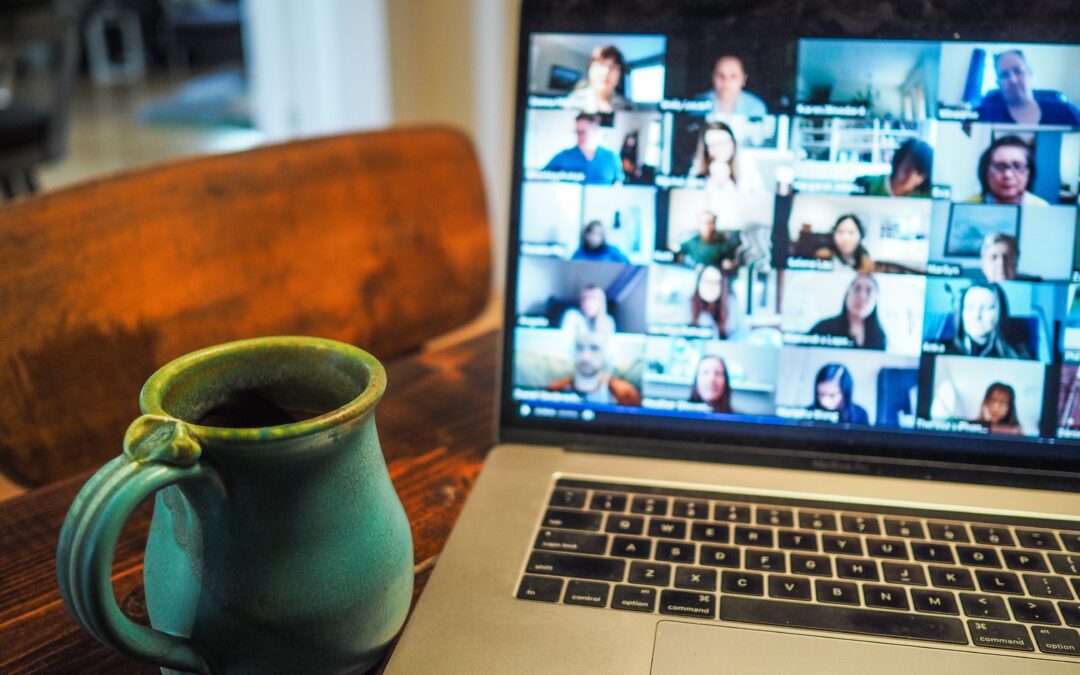Many people do not realise the complexity of events. Behind a smooth programme where everything seems to run like clockwork, many hours of problem-solving, trouble-shooting and organising are involved. It takes a team to run one.
While making mistakes sometimes serve as opportunities for improvement and human error can be made, some mistakes are costly and will harm your business massively.
Countless things can go wrong before, during and even after your event, so make sure you are always prepared in case things go awry!
To help you identify some of these common mistakes and how avoid them, here’s a list of event no-gos:
1. Choosing the wrong venue
The venue that you choose for your event says a lot about you and your company, so make sure that you go for the right one.
Be mindful to select a venue that is easily accessible, either by private or public transport. Budget will always be an issue but a knowledge of the advantages and disadvantages of each venue will help you select the best one for your event. Of course, connections in the industry always help!
Also remember to make accommodations for anybody with disabilities. While it may or may not be necessary, you should always be prepared.
2. Not being tech-ready
Especially with the implementation of social distancing, technology has been integrated into almost every business or shop available, and most companies rely on technology to function smoothly – we’re talking even about day-to-day operations!
This has been emphasised all of last year when companies went remote and workers had to work from home. Around the world, people had to rely on online conferences or meetings over Zoom; classrooms shifted online, concerts went virtual and live streaming went viral.
While it is still not 100% safe to hold physical events (will it ever be?), this is where being adept with technology and event production becomes crucial to the success of your event.
Hybrid, live, physical, virtual – no matter the type of your event, the latest technological know-how will elevate your event to engage your target audience and reinforce your brand values.
3. Failure to have a strict schedule for work completion
Establishing a practical schedule is a must for event planning to ensure that everyone
behind the event is aware of their roles and responsibilities and know when they need to finish their tasks.
This prevents miscommunication between team members and ensures the event runs smoothly.
4. Not hiring professionals to capture your event
Asking your friends to take photos and videos for your event or even deciding to take
them yourself will almost always end badly, as those will come out either looking too tacky or too boring.
By hiring a professional with experience facilitating events, it makes your guests feel comfortable and possibly even make your event look like it is better than it actually is, through editing and photographing it like an expert.
5. Not testing equipment
Imagine discovering that your equipment do not work on the day of the event. Make sure to test all of it a few days before the actual event in line with the event rehearsal. This also allows time to source for spares and back-ups to avoid the situation.
6. Marketing that is not targeted
Or worse still, no marketing for your event at all!
The more you delay the advertising of your event, the less time people will have to
prepare for the event, so it may end up being rushed in order to accommodate all your guests.
A comprehensive marketing plan should be devised in order to increase awareness so that they have enough time to recommend this event to their friends and family if they wish to do so.
There are many websites and social platforms which allow you to spread information about your event. Determine your target audience and use the appropriate marketing platforms and channels to spread the word!
7. Miscommunication
This is one of the worst mistakes an event organiser can make, whether it
is actually miscommunication or simply just not communicating.
When planning the event, it is crucial that you make sure every team member is aware of what’s going on and what their roles are.
Not only do you need to ensure proper communication between your internal team, but there also needs to be proper communication between your company and the supply vendors.
An event is nothing without the supply vendors as vendors provide most resources needed for a successful event.
Make sure that the entire team, both internal and external, are briefed properly so that they can help you support the event effectively.

